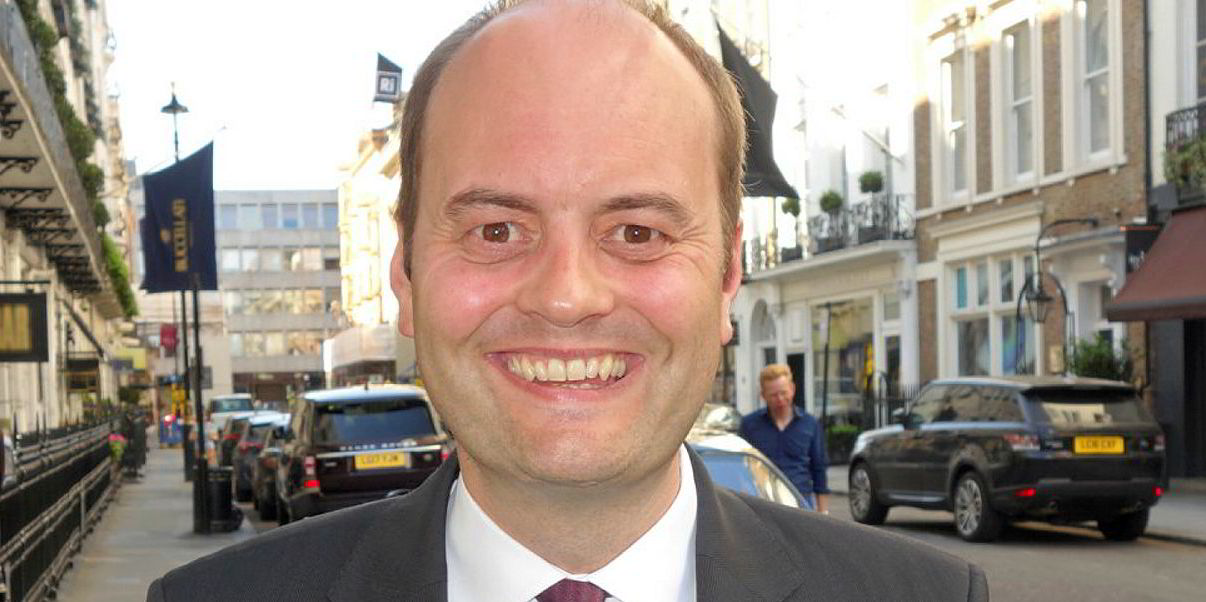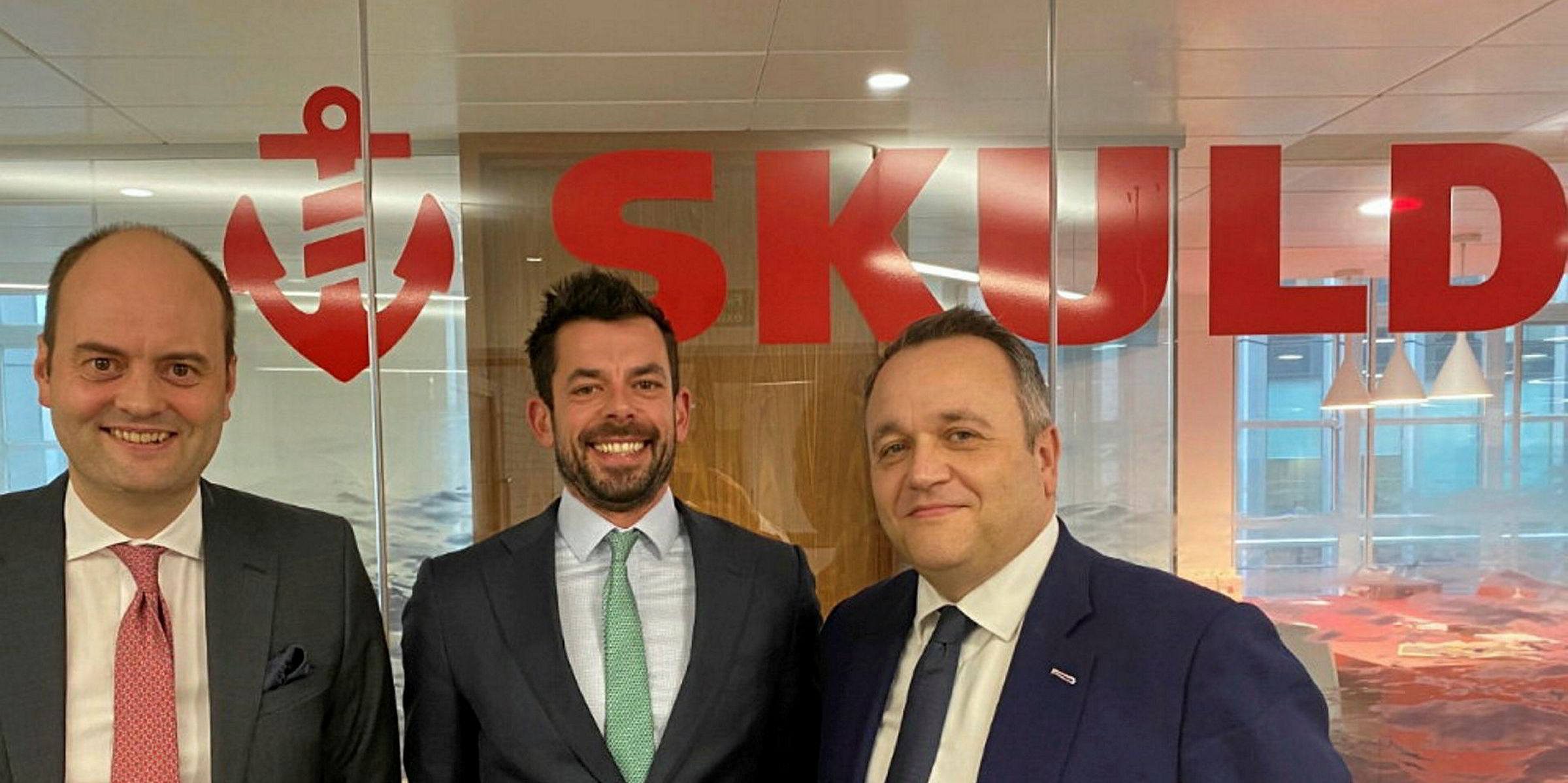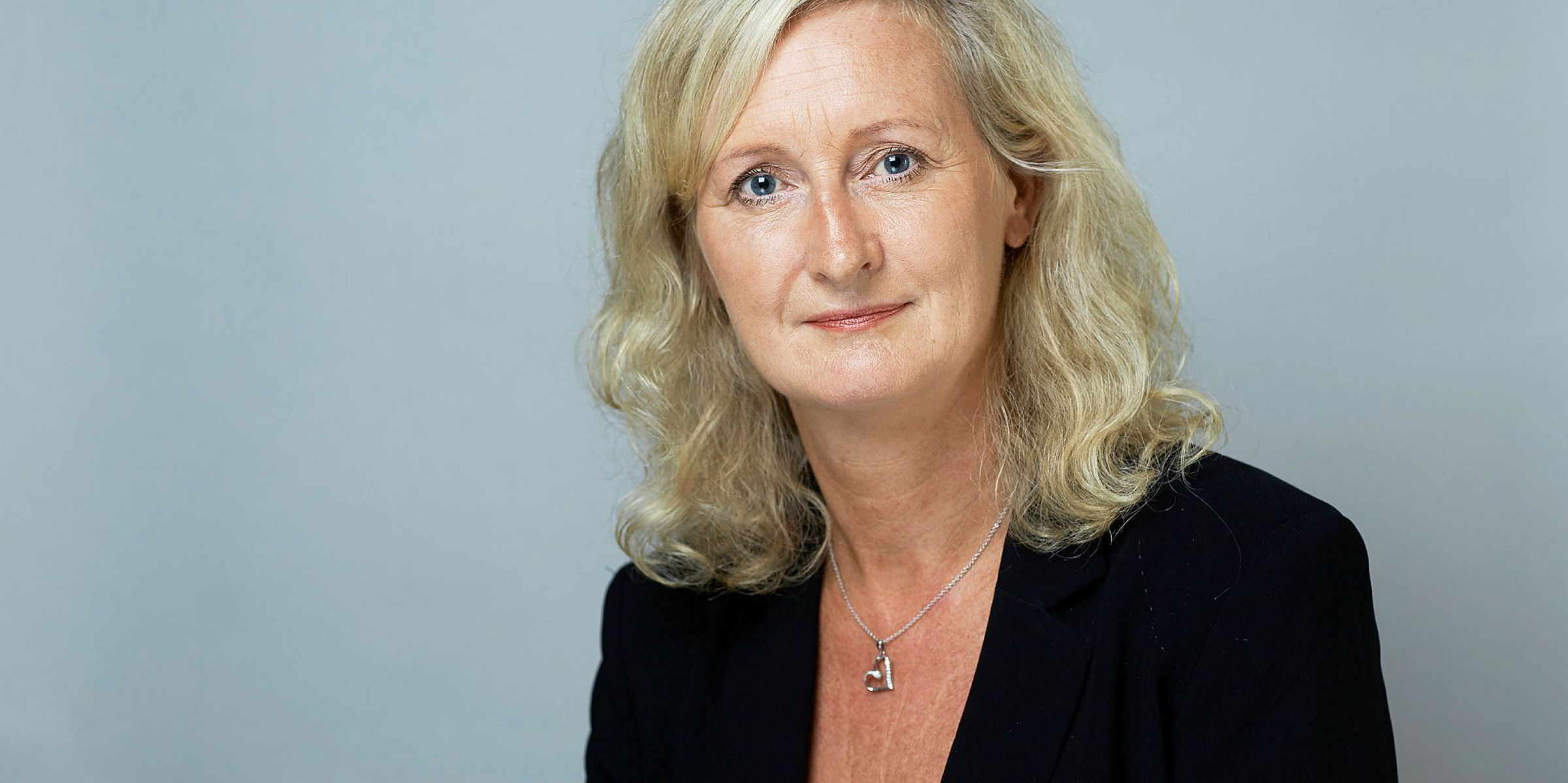Stale Hansen believes Skuld’s protection and indemnity business has more than enough financial strength to withstand the impact of the Covid-19 pandemic.
The chief executive of the Oslo-based marine insurer insisted that the prudent management that has seen it build huge financial reserves — often criticised as excessive by some brokers and shipowners — has been justified by the coronavirus crisis.
His comments come amid concerns among clubs that troubled investment markets will damage their reserves, and that heavy cruiseship-related claims will weigh on their finances.
The turmoil in the equity markets has been compared with the 2008 financial collapse, which was the last time the reserves of P&I clubs were significantly depleted. But since then, clubs have made a determined effort to shore up their finances.
Hansen said Skuld’s reserves are still well within statutory limits — despite the wobble — and its exposure to stock markets is limited.
“We are in a healthy financial position within the regulatory requirements and the even stricter requirements set by our own board,” he told TradeWinds.
‘Hoarding reserves’
Clubs have to maintain reserves in line with the European Union’s Solvency II Directive requirements, which seek to ensure insurance companies hold enough capital to buffer them from the risk of insolvency.
Skuld’s last reported contingency reserves came in at $452.7m, but the full impact of the stock-market falls will not be seen until it announces its 2019 policy-year results.
Clubs have been criticised for hoarding reserves rather than rewarding members with cash or reduced dividends.
We need to have a sufficient buffer for the volatility that comes when you don’t expect it
Stale Hansen
But Hansen believes the pandemic has demonstrated why it is important for mutuals to hold so much money in reserve to handle such unexpected events.
“Contingency reserves, helped by investment income, is an important part of overall business strategy for P&I clubs,” he said. “We need to have a sufficient buffer for the volatility that comes when you don’t expect it.”
He conceded that Skuld does have some exposure to cruiseship claims — probably the most costly of upcoming coronavirus-related claims — but not at a level to cause concern.
“I see Covid-19-related claims are starting to pick up and our claims handlers are busy giving advice, but it does not mean that all claims will be costly,” he said. “So far they have been at the lower end of the scale.”
Skuld is also ready to help members get through any coronavirus-related difficulties.
Digital ramp-up
“We will support members and clients in challenging times,” Hansen said. “We have not seen a big increase in lay-ups, but that could change. It is already a challenging time for many of our members.”
With companies working more remotely, he said clients appear ready to engage with the club digitally, increasingly logging on to their accounts directly.
He has also been surprised by the way the crisis has encouraged competing P&I clubs to share information on virus-related loss-prevention data.
“I see an increase in collaboration between clubs,” he said. “We all do similar loss-prevention activities, so we should benefit all members of the International Group by sharing information.”
Skuld is also active in the hull and machinery markets, and the signs are that it is benefiting from its move out of the Lloyd’s of London market last year.
Figures from the Nordic Association of Marine Insurers (Cefor) indicate that it has seen its premium income grow from $43.2m in 2018 to $54.9m last year.
Hansen said Skuld is benefiting from working in the more cost-efficient, non-Lloyd’s market, via the recently formed Skuld Hull.






